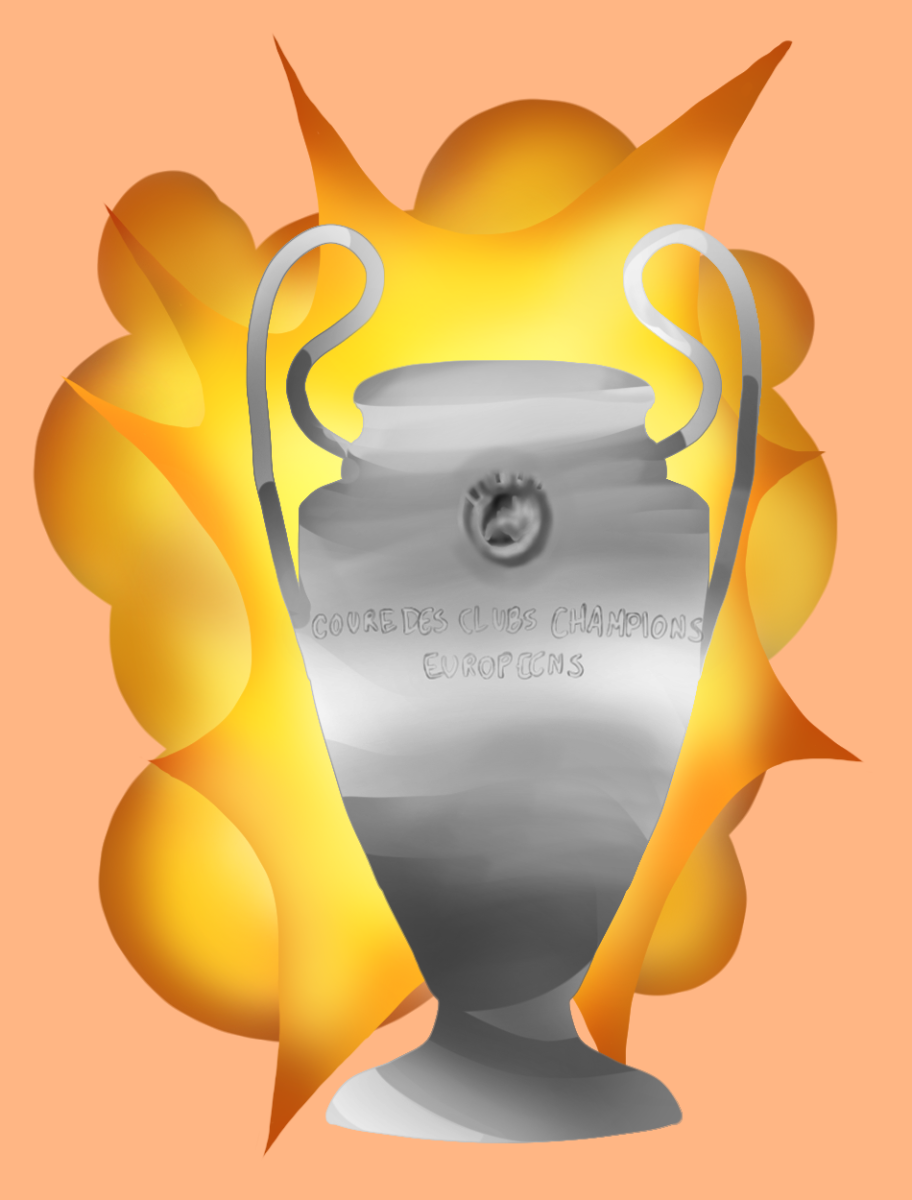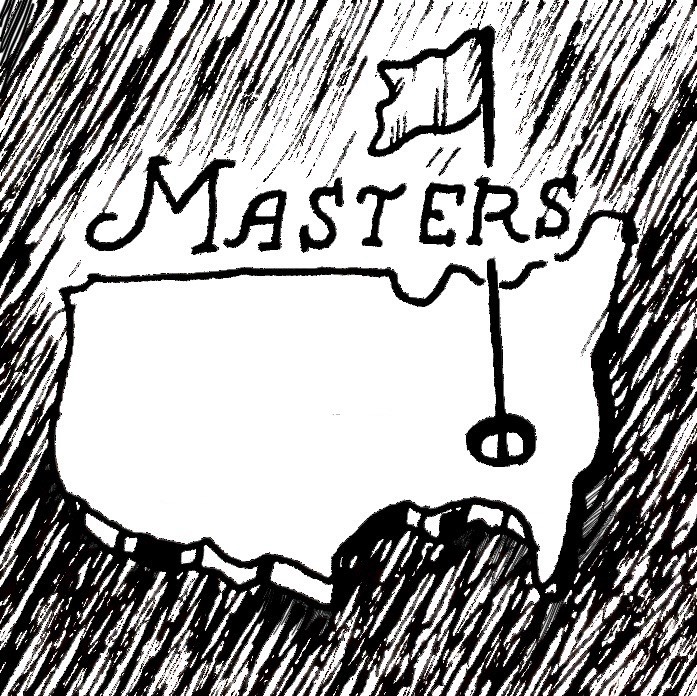The second weekend of January marked the beginning of the Trinity track and field season. The team headed to the University of Houston to compete at the Leonard Hilton Memorial Invitational. The top performers were Cody Hall, who finished third in men’s long jump and the 60-meter hurdles event, Nkolika Nweke, who placed fourth in the women’s 200 meters, Raphael Martin, who was a third-place finisher in the men’s 200 meters and Abigail Schneebeck, who finished fourth in the women’s 400 meters. It was a fine start to the season, and with track and field now in full swing, that brings to mind the history of the sport in this country.
The origin of track and field dates back to ancient Greek times, in the city of Olympia. It began in 776 B.C., and all started with a man named Koroibos. Koroibois was a cook from the nearby city of Elis, and won a 600-foot-long stadium race. That being said, there is some speculation that the first games were held even earlier than this date.
Regardless, the games quickly picked up steam and became a beacon of entertainment that helped to provide discipline and athleticism to the Greek citizens. From 776 B.C., the games were held in Olympia every four years for almost 12 centuries, and have continued into the present.
Track and field’s popularity never faltered during the Olympic games, as it provides sensational athletes such as the world’s fastest man, Usain Bolt. In fact, track and field is the second-most popular sport in the world, following soccer.
But in America, that is far from the case. We have stuck to our bread and butter: baseball, basketball and football. But why is it that track and field can’t make its way into the popular sport’s stratosphere? Could it be a lack of marketing?
Some say that track and field has not gained traction because there is not a superstar athlete to attach a brand to. Some feel that track and field is a niche market, and can only thrive in places like Eugene, Oregon and New York City. The reality is that track and field isn’t even the most popular Olympic sport. That would be swimming, and it is no secret that there are multiple superstars on the U.S. swim team: Michael Phelps and Ryan Lochte come to mind.
Track and field federations, such as the U.S.A. Track and Field Association, understand that they have to do more to market their athletes if they want to bring the sport to prominence in the U.S. Only time will tell if associations such as the USATF, and the fans of this sport can do something to raise the level of popularity past an Olympic afterthought.
There is no denying its popularity across the world, but like always, America has their own way of thinking about things. As for our Trinity track and field athletes, it’s not the popularity that motivates them. It’s the competition and enjoyment they derive from participating in the sport.
The second weekend of January marked the beginning of the Trinity track and field season. The team headed to the University of Houston to compete at the Leonard Hilton Memorial Invitational. The top performers were Cody Hall, who finished third in men’s long jump and the 60-meter hurdles event, Nkolika Nweke, who placed fourth in the women’s 200 meters, Raphael Martin, who was a third-place finisher in the men’s 200 meters and Abigail Schneebeck, who finished fourth in the women’s 400 meters. It was a fine start to the season, and with track and field now in full swing, that brings to mind the history of the sport in this country.
The origin of track and field dates back to ancient Greek times, in the city of Olympia. It began in 776 B.C., and all started with a man named Koroibos. Koroibois was a cook from the nearby city of Elis, and won a 600-foot-long stadium race. That being said, there is some speculation that the first games were held even earlier than this date.
Regardless, the games quickly picked up steam and became a beacon of entertainment that helped to provide discipline and athleticism to the Greek citizens. From 776 B.C., the games were held in Olympia every four years for almost 12 centuries, and have continued into the present.
Track and field’s popularity never faltered during the Olympic games, as it provides sensational athletes such as the world’s fastest man, Usain Bolt. In fact, track and field is the second-most popular sport in the world, following soccer.
But in America, that is far from the case. We have stuck to our bread and butter: baseball, basketball and football. But why is it that track and field can’t make its way into the popular sport’s stratosphere? Could it be a lack of marketing?
Some say that track and field has not gained traction because there is not a superstar athlete to attach a brand to. Some feel that track and field is a niche market, and can only thrive in places like Eugene, Oregon and New York City. The reality is that track and field isn’t even the most popular Olympic sport. That would be swimming, and it is no secret that there are multiple superstars on the U.S. swim team: Michael Phelps and Ryan Lochte come to mind.
Track and field federations, such as the U.S.A. Track and Field Association, understand that they have to do more to market their athletes if they want to bring the sport to prominence in the U.S. Only time will tell if associations such as the USATF, and the fans of this sport can do something to raise the level of popularity past an Olympic afterthought.
There is no denying its popularity across the world, but like always, America has their own way of thinking about things. As for our Trinity track and field athletes, it’s not the popularity that motivates them. It’s the competition and enjoyment they derive from participating in the sport.






